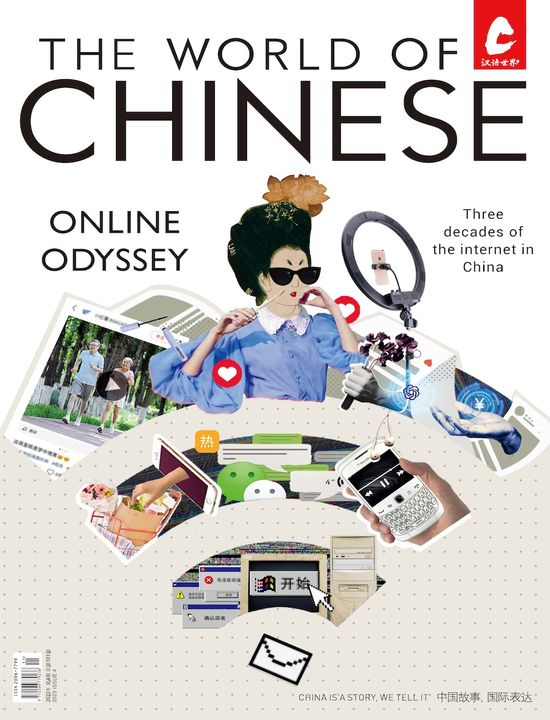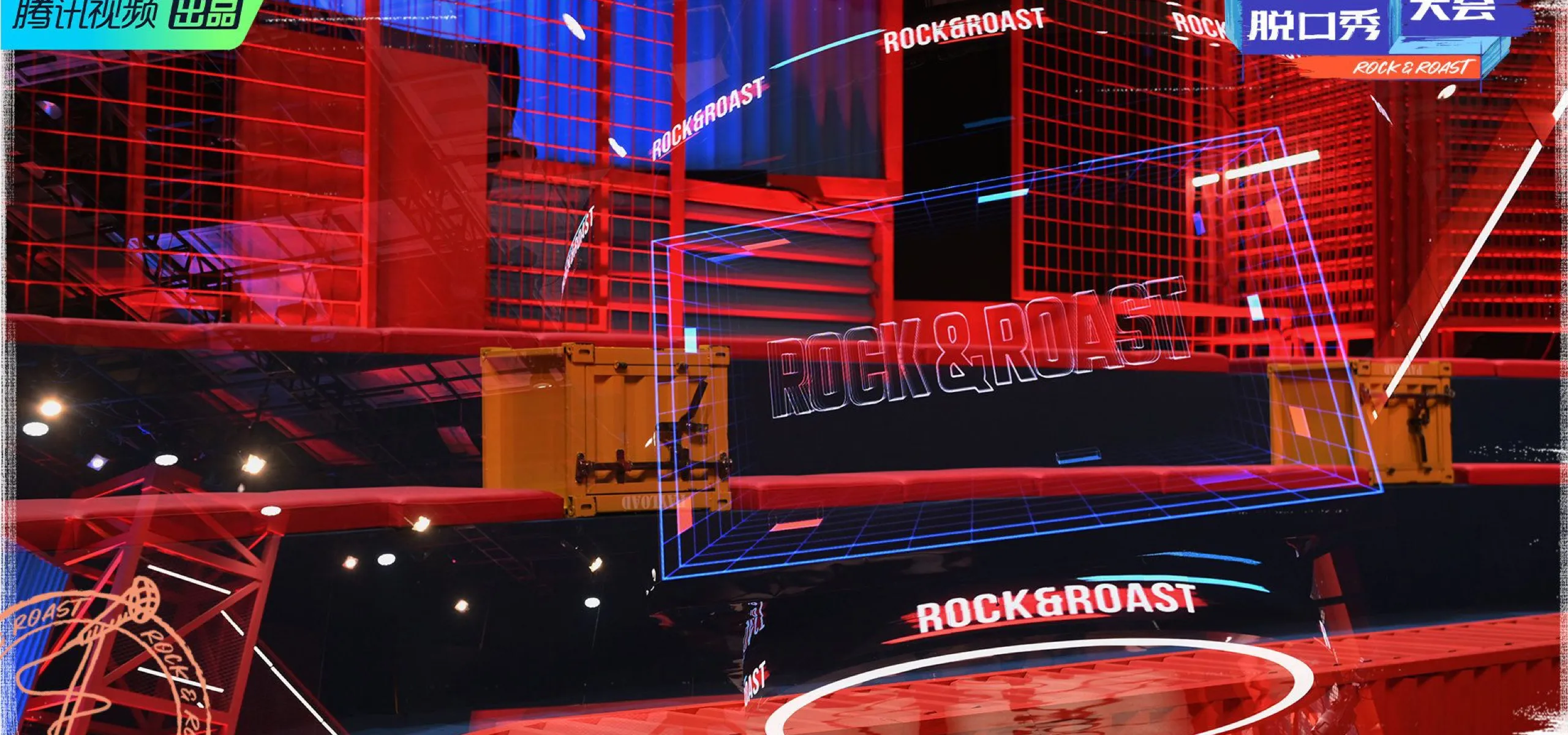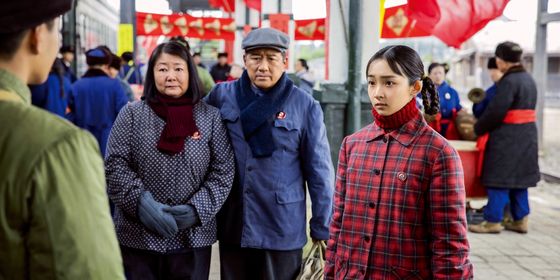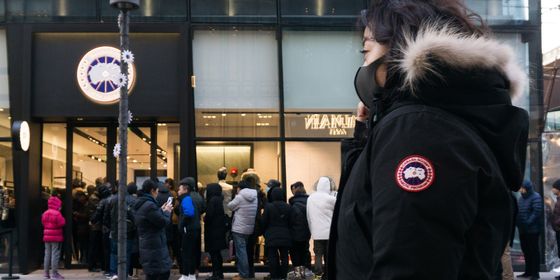Why did comedy show “Rock & Roast” get famous—and will its popularity last?
“If I hadn’t brought stand-up comedy to China, there would have been no Rock & Roast, and then I would not have had the chance to stand here today as a contestant for the show,” Chinese-American comedian Huang Xi, better known abroad as Joe Wong, joked during his performance in the first episode of Season 4 of the popular stand-up comedy competition this August.
“When I came back to China in 2013, I was better known than stand-up comedy…Seven years later, however, Li Dan [who was once a freelance scriptwriter for my show] has become the most popular comic,” he said, referring to the organizer and host of Rock & Roast (《脱口秀大会》), one of the four founders of Shanghai-based comedy company Fun Factory (Xiao Guo Culture Company). Fun Factory produces another well-known show Roast (《吐槽大会》), a localized version of American celebrity roast series Comedy Central Roast.
Wong’s appearance won four lights of approval from Li and the other three judges, or “laughter-leaders (领笑员)” as coined by the show. He also got a standing ovation from all four judges and 56 contestants, as many Chinese comedians refer to Wong as their “ancestor” due to his 15-minute performance at the 2010 annual gala hosted in the White House by the Radio and Television Correspondents’ Association (RTCA), the first comedian of Chinese heritage to appear in the event.
As Wong stated during Rock & Roast, stand-up comedy in China has developed from scratch and changed dramatically in the last decade. TV shows may have become the quickest means for an ordinary comedian to gain fame. In Rock & Roast, 56 professional and amateur comics, including those from Fun Factory and other comedy companies like the Beijing-based Danliren, give 5-minute performances, in which they make fun of their own experience and observations on various topics, including appearance, relationships, and work, and advance through the rounds based on votes from the four judges and a live audience.
As Cheng Lu, a Rock & Roast competitor and chief scriptwriter of Fun Factory, said during an interview on another show this August, when he first started as a comedy screenwriter in 2012, “I believed the industry would be popular, but did not expect it so quickly.” But the industry’s seemingly unexpected boom has not come without problems.













